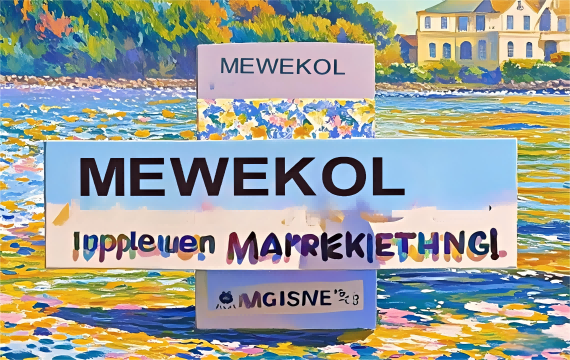
Which is Better: Professional Data Analysis Tools or Social Media Platform Tools?
In today's digital landscape, businesses and personal brands are increasingly leveraging data analysis to refine marketing strategies, enhance user experiences, and optimize resource allocation. However, with a plethora of data analysis tools available—particularly the choice between professional data analysis tools and those integrated within social media platforms—marketers often find themselves at a crossroads. So, which option is superior? Let's delve into the details.
1. Define Your Goals and Needs
The first step in selecting a tool is to clearly define your goals and needs. If you're an emerging influencer or a small business owner, you might prioritize social media performance, audience engagement, and real-time analytics. In such scenarios, the built-in analysis tools provided by social media platforms—like Facebook Insights, Instagram Analytics, and Twitter Analytics—are undoubtedly effective starting points.
These tools offer user-friendly interfaces that make data retrieval straightforward, allowing you to easily access valuable insights, including:
- Audience Analysis: Gain insights into who your audience is, including demographics such as age, gender, and location.
- Engagement Metrics: Track the likes, comments, and shares for each post, helping you assess content popularity.
- Traffic Sources: Analyze where users are coming from to your page, optimizing your promotional efforts.
2. Seek Depth and Precision
As your brand expands and your data volume grows, the built-in analytics from social media platforms may start to feel limiting. At this point, incorporating professional data analysis tools—such as Tableau, Power BI, or R—can unlock deeper insights.
Professional tools offer a broader array of functionalities, including:
- Multivariate Data Integration: Combine social media data with insights from other channels, such as email marketing and website traffic, to create a holistic view of performance.
- Advanced Data Analysis: Utilize sophisticated statistical methods and predictive modeling to identify trends and patterns.
- Enhanced Visualization: Enjoy superior data visualization features that make your analysis results more intuitive and easier to present to teams or stakeholders.
3. Cost and Learning Curve
When choosing tools, cost and the learning curve are critical factors to consider. Social media analysis tools are typically free and well-suited for small businesses or personal brands operating on a tight budget. On the other hand, while professional data analysis tools offer robust capabilities, they often require financial investment and can have a steep learning curve, necessitating a certain level of technical expertise.
4. Flexibility and Customization
For organizations seeking tailor-made data reports and analytical frameworks, professional data analysis tools provide greater flexibility. These tools enable marketers to develop specific metrics and analysis structures tailored to their unique requirements.
Conclusion
Ultimately, the decision between professional data analysis tools and those built into social media platforms is not a matter of right or wrong. It's essential to leverage both types of tools according to your specific needs. In the early stages of brand development, starting with social media analytics tools can be effective, while gradually transitioning to professional tools as your business scales will facilitate more precise data analysis and informed business decisions.
In the dynamic realm of online marketing, mastering data analysis is key to standing out. Choose the tools that best align with your objectives, embark on a data-driven marketing journey, and watch as your brand exposure and sales performance soar!